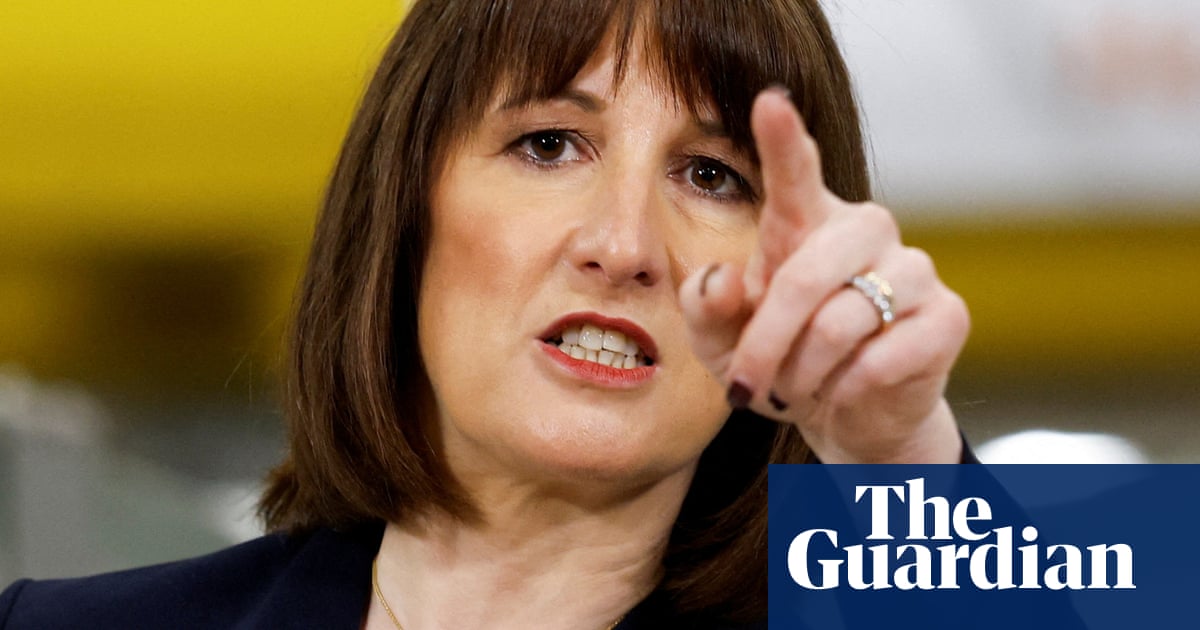Rachel Reeves has been locked in a standoff over the policing and council budgets just days before this week’sspending review, which is set to give billions to the NHS, defence and technology.
Yvette Cooper’s Home Office and Angela Rayner’s housing and local government ministry were the two departments still at the negotiating table on Sunday fighting for more cash, after weeks of trying to reach a settlement.
Whitehall sources said the policing budget would not face a real terms cut, but there was still disagreement over the level of investment needed for the Home Office to meet its commitments.
Rayner’s department is understood to have reached an agreement with the Treasury late on Sunday night after last-minute wrangling over housing, local councils and growth funds.
However, any failure to strike a deal would raise the prospect of a budget being imposed on an unwilling department.
The spending review, taking place on Wednesday, is a chance for Reeves to hold up billions of pounds of capital spending as a sign she is working torepair public servicesafter years of Tory austerity. After tweaking her fiscal rules last autumn, she has an additional £113bn funded by borrowing for capital spending.
Her plans will include £86bn for science and technology across four years and an extra £4.5bn for schools – taking funding per pupil to its highest level ever.
However, day-to-day spending is more constrained in some areas, while theNHSand defence swallow up higher allocations.
As well as policing, the Home Office budget covers the border force and spending on asylum costs, while the Ministry of Housing, Communities and Local Government has been battling for funds for the affordable homes programme, councils, homelessness and regional growth.
Labour has manifesto pledges to build 1.5m homes and deliver 13,000 new police officers.
Pressed on the policing budget, the technology secretary, Peter Kyle, said Home Office and others would have to “do their bit”.
Funding for the police has the potential to become a politically difficult issue for Keir Starmer. Tory former shadow cabinet minister Robert Jenrick has been campaigning against transport fare dodging and Nigel Farage’s Reform are also highlighting the issue.
Asked about which public services will be prioritised, Kyle said “every part of our society is struggling” and numerous sectors had asked Reeves for more money.
“On the fact that the police have been writing to the chancellor, they have,” he told the BBC’s Sunday With Laura Kuenssberg programme. “We also have letters from the universities, we have letters from doctors about the health service, we have letters from campaigners for child poverty writing to us, and other aspects of challenges in Britain at the moment.
“Every part of our society is struggling because of the inheritance that we had as a country and as a government.”
He pointed to the £1.1bn extra funding already earmarked for police this year, as he defended Reeves’s handling of the spending review process.
“We expect the police to start embracing the change they need to do, to do their bit for change as well. We are doing our bit,” Kyle said.
“You see a chancellor that is striving to get investment to the key parts of our country that needs it the most … You will see the priorities of this government reflected in the spending review, which sets the departmental spending into the long term.
“But this is a partnership. Yes, the Treasury needs to find more money for those key priorities, but the people delivering them need to do their bit as well.”
While some areas of spending may be cut or receive only low increases, the NHS is set to receive a boost of up to £30bn by 2028, while defence spending is expected to rise to 2.5% of GDP by 2027.
Kyle defended the chancellor’s approach to public spending, saying she was like Apple founder Steve Jobs who turned the company around when it was 90 days from insolvency.
He told Sky News’s Trevor Phllips: “Now Steve Jobs turned it around by inventing the iMac, moving to a series of products like the iPod.
“Now we’re starting to invest in the vaccine processes of the future. Some of the hi-tech solutions that are going to be high growth. We’re investing in our space sector. All these really high, highly innovative sectors.
“We are investing into those key innovations of the future. We know that we cannot break this vicious cycle of high tax and low growth by doing the same as we always have done. We have to innovate our way out of this and we are doing so by investing in those high-growth sectors.”
